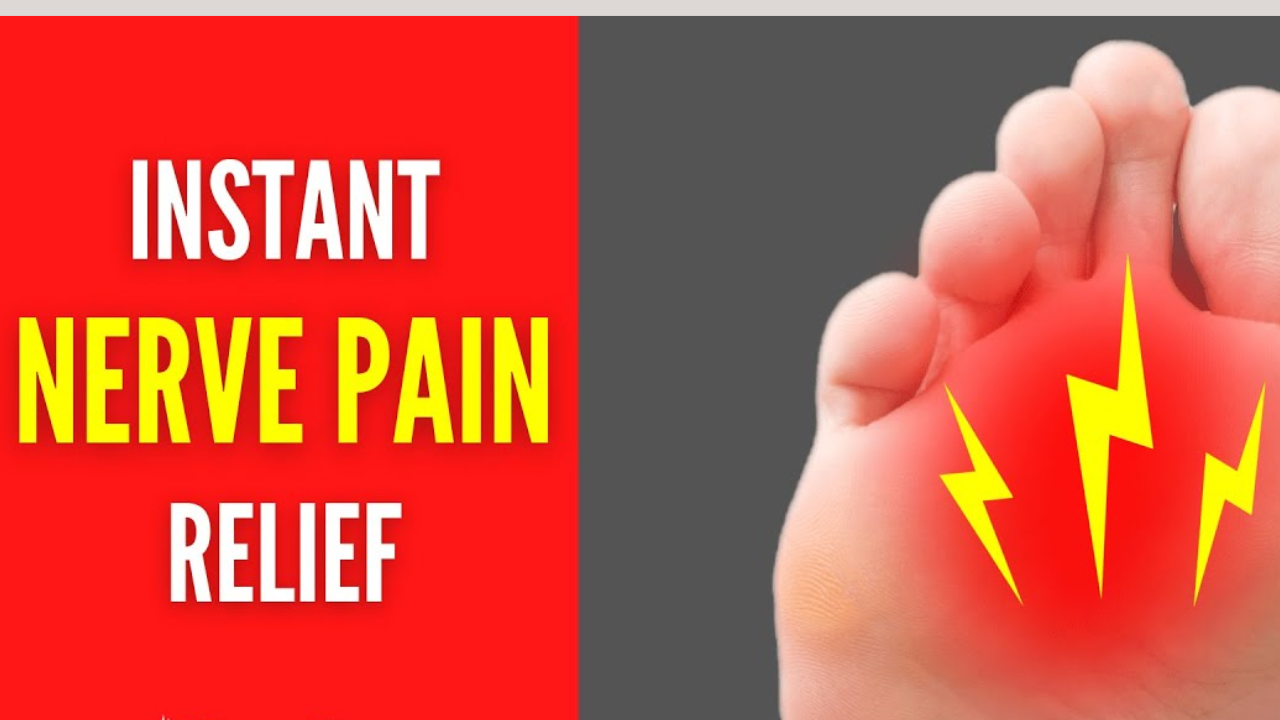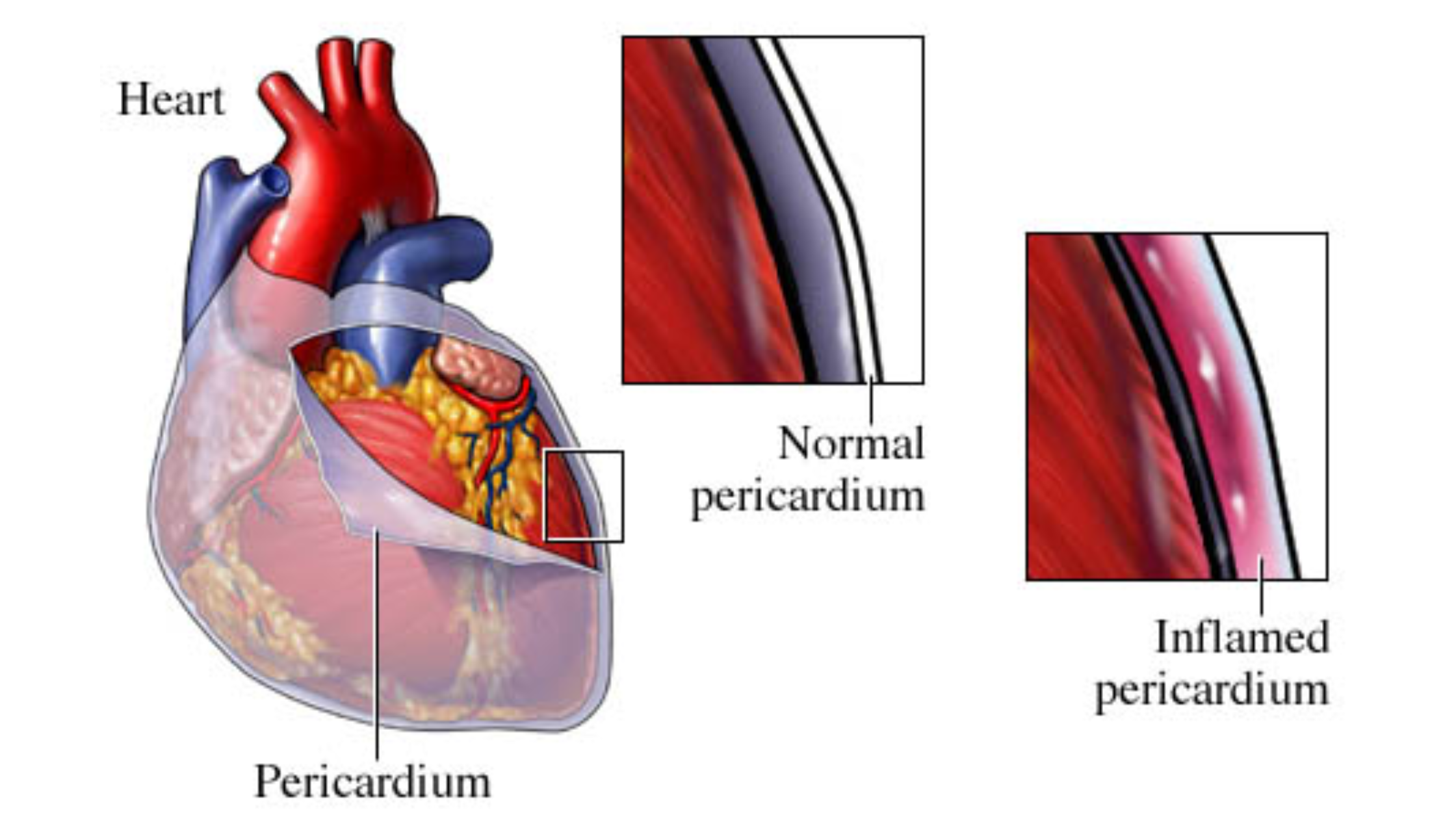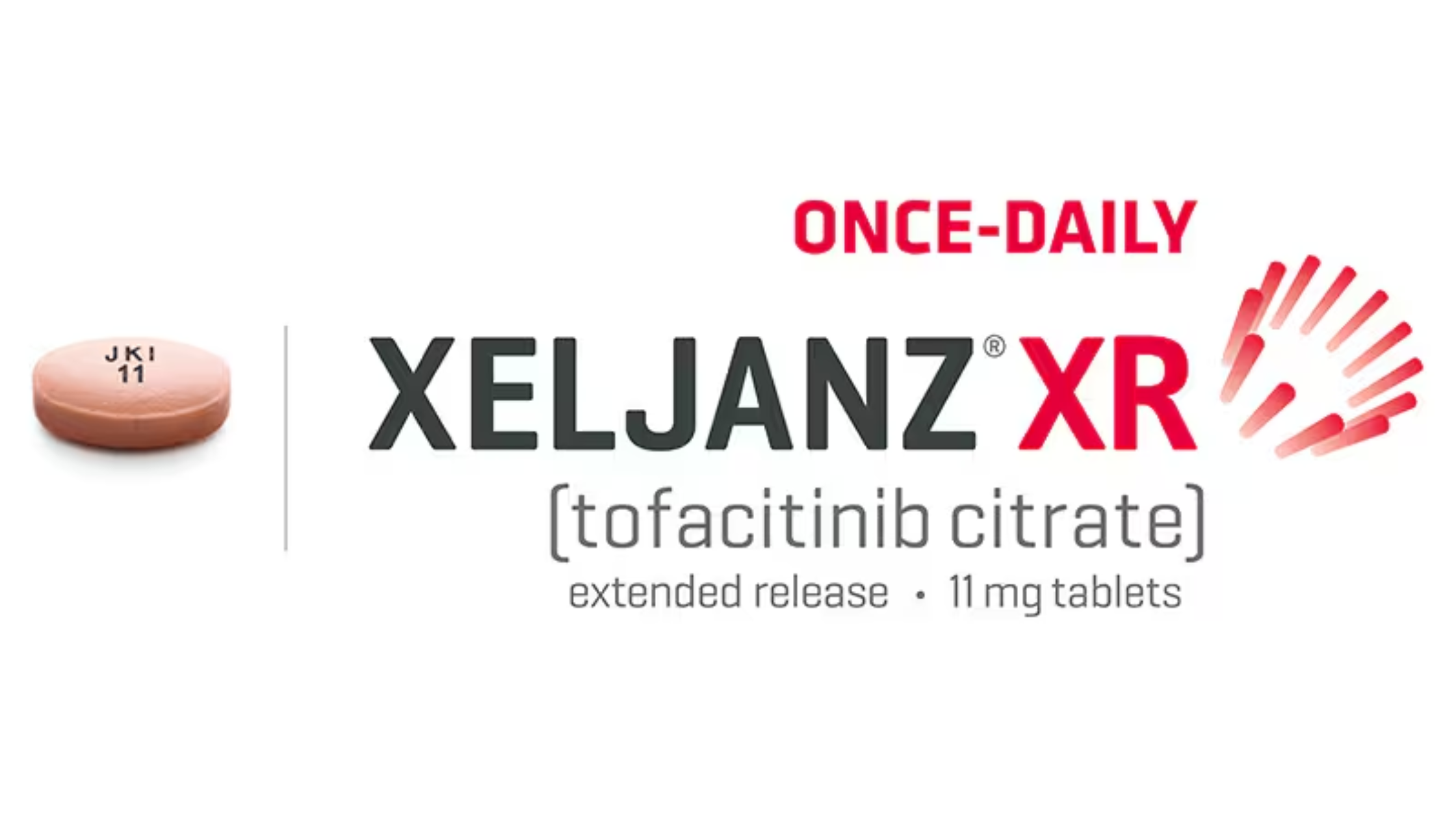Last updated on January 24th, 2025 at 01:03 pm
What is the the best medicine for nerve pain in feet? If you’re struggling with nerve pain in your feet, finding the best solution is likely a top priority. This type of pain, often described as burning, tingling, or shooting, can make walking, standing, or even resting unbearable.
Among the many available treatments, pregabalin (Lyrica) emerges as the best overall solution for nerve pain in the feet due to its proven effectiveness, safety profile, and FDA approval for multiple neuropathic pain conditions. Let’s explore why pregabalin is the ideal choice and how it works to alleviate nerve pain.
Why Pregabalin (Lyrica) is the Best Choice for Nerve Pain
Pregabalin is a prescription medication widely recognized for its ability to target nerve pain at its source. Here’s why it stands out as the best overall solution:
- FDA-Approved for Neuropathic Pain: Pregabalin is approved for conditions like diabetic peripheral neuropathy, postherpetic neuralgia (nerve pain following shingles), and fibromyalgia. This means its efficacy and safety have been extensively studied and validated.
- Effective Pain Relief: Pregabalin works by calming overactive nerves that send pain signals to the brain. It binds to calcium channels in nerve cells, reducing the release of pain-causing neurotransmitters. Many patients report significant relief within a few days to weeks of starting treatment.
- Dual Benefits: In addition to relieving pain, pregabalin can also help improve sleep and reduce anxiety, both of which are common issues for people with chronic nerve pain.
- Proven Track Record: Clinical studies have consistently shown that pregabalin reduces pain intensity and improves quality of life in people with nerve pain, particularly in the feet.
- Flexible Dosing: Pregabalin is available in various doses, allowing healthcare providers to tailor the treatment to your specific needs and gradually adjust it for optimal relief.
How Pregabalin Treats Nerve Pain in Feet
Nerve pain in the feet often arises from damaged or overactive nerves, commonly due to conditions like diabetes, shingles, or nerve injury. Pregabalin works by:
- Targeting Nerve Overactivity: It reduces the heightened electrical activity in damaged nerves, which causes the burning, tingling, and shooting sensations in your feet.
- Blocking Pain Signals: By binding to specific sites in the nervous system, pregabalin prevents the transmission of pain signals to the brain, offering relief.
This dual action makes pregabalin highly effective for managing nerve pain at its root cause.
How to Use Pregabalin Safely
To get the most benefit from pregabalin, it’s essential to use it as prescribed by your healthcare provider. Here are some key points to keep in mind:
- Dosage: Pregabalin is typically started at a low dose (e.g., 50-75 mg twice daily) and gradually increased to minimize side effects while maximizing pain relief. The usual effective dose ranges from 150 mg to 300 mg per day, but it can go up to 600 mg daily in some cases.
- Consistency: Take pregabalin at the same times each day to maintain stable levels in your system.
- Avoid Abrupt Discontinuation: If you need to stop taking pregabalin, consult your doctor. Abruptly stopping the medication can cause withdrawal symptoms or a return of nerve pain.
- Monitor for Side Effects: Common side effects include dizziness, drowsiness, dry mouth, and weight gain. These are usually mild and improve over time. If you experience severe side effects, inform your doctor immediately.
Is Pregabalin Right for You?
Pregabalin is a safe and effective option for most people with nerve pain in their feet. However, it may not be suitable if you:
- Have a history of allergic reactions to pregabalin.
- Have kidney disease, as the medication is excreted through the kidneys and may require dose adjustments.
- Are pregnant or breastfeeding, unless recommended by a healthcare provider.
Your doctor will evaluate your medical history and any other medications you’re taking to determine if pregabalin is the right choice for you.
Other Tips to Enhance Nerve Pain Relief
While pregabalin is highly effective, combining it with lifestyle changes and supportive therapies can further improve your symptoms:
- Proper Foot Care: Keep your feet clean and moisturized to prevent complications like infections, especially if you have diabetes. Wear comfortable, well-fitted shoes to reduce pressure on your feet.
- Physical Activity: Engage in low-impact exercises like walking or swimming to improve circulation and nerve health.
- Diet and Supplements: Ensure adequate intake of vitamins, particularly B12, which supports nerve function. Your doctor may recommend supplements if deficiencies are detected.
- Topical Treatments: Complement pregabalin with over-the-counter options like lidocaine or capsaicin creams for localized pain relief.
What People ask About Pregabalin
1. How long does it take for pregabalin to work?
- Many people notice pain relief within the first week of starting pregabalin, but full benefits may take a few weeks.
2. Can I take pregabalin with other medications?
- Pregabalin can interact with certain medications, particularly those that cause drowsiness (e.g., opioids, sedatives). Always consult your doctor about potential interactions.
3. Is pregabalin addictive?
- While pregabalin has a low potential for dependence, it’s important to use it as prescribed to avoid misuse.
4. What should I do if I miss a dose?
- Take the missed dose as soon as you remember, unless it’s close to your next scheduled dose. Do not double up doses.
If you’re looking for the best medicine for nerve pain in your feet, pregabalin (Lyrica) is the top choice. Its proven ability to target nerve pain at the source, improve quality of life, and address related issues like sleep disturbances makes it the most effective solution. To ensure optimal results, consult your healthcare provider to determine if pregabalin is right for you and to develop a personalized treatment plan. By combining medication with proper foot care and healthy lifestyle habits, you can take significant steps toward relieving your nerve pain and regaining comfort and mobility.




